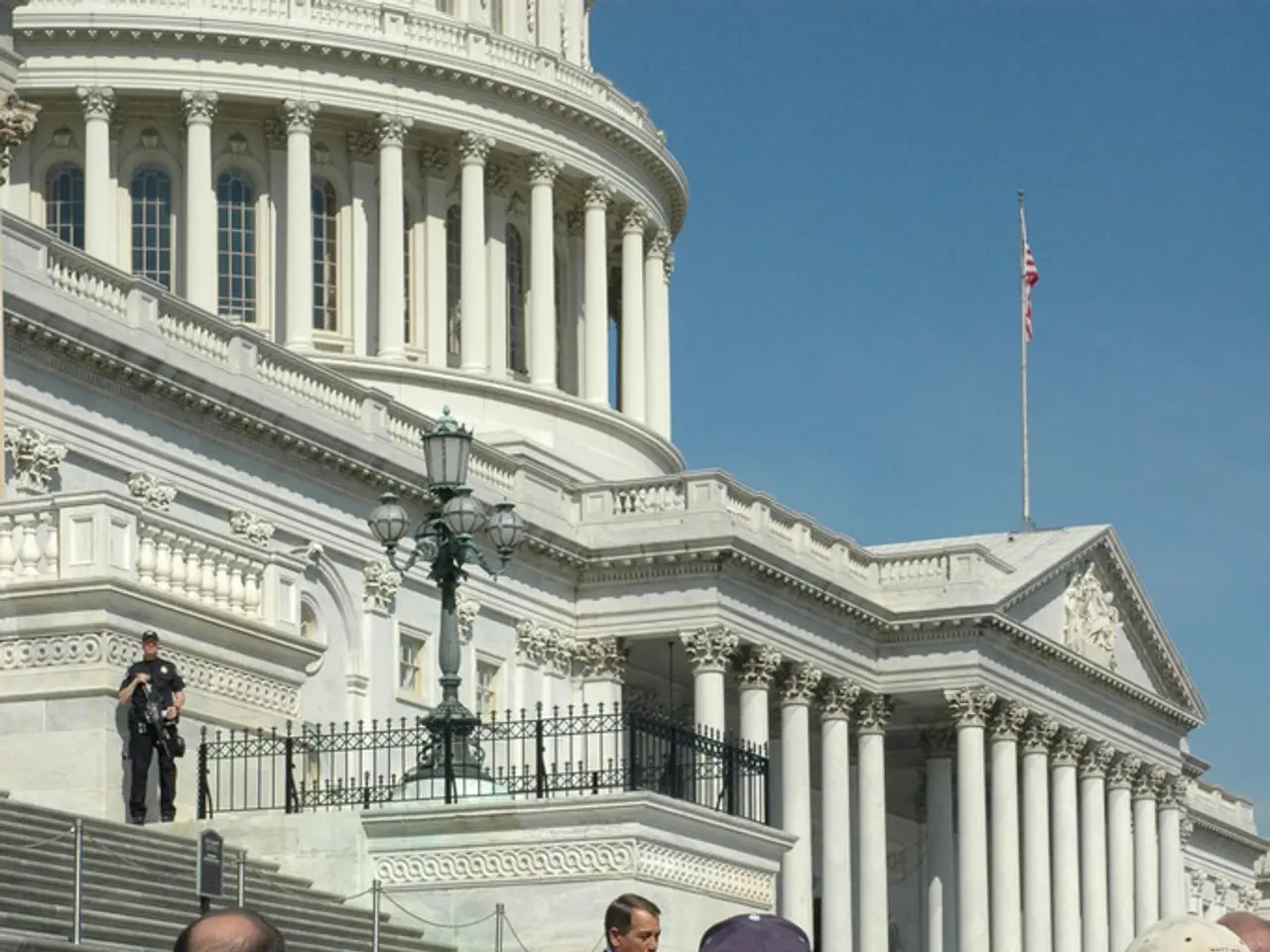"What Makes an Individual a Leader? What Qualities Define a Skilled Manager?"
In the world of business and management, the roles of leaders and managers often intertwine, yet they have distinct focuses and approaches. This article aims to shed light on a particular leadership style that sets its sights on nurturing future leaders, embracing change, and prioritizing people over tasks.
At its core, this leadership style is people-focused and future-oriented. Leaders, as opposed to managers, create and share a vision, inspire collaboration, and are comfortable innovating or creating change. They influence voluntarily by motivating and engaging individuals, often without formal authority. For instance, a CEO who envisions a new company direction and motivates employees to embrace that vision is a classic example of this leadership style in action.
On the other hand, managers are task-focused and present-oriented. They plan, organize, staff, direct, and control operations to meet defined objectives efficiently. Managers rely on authority derived from their role and enforce rules and processes to maintain order and consistent performance. A project manager who allocates resources, schedules tasks, and ensures deadlines are met exemplifies the managerial role.
| Aspect | Leader | Manager | |----------------------|-------------------------------------|------------------------------------------| | Focus | People, relationships, vision | Tasks, processes, systems | | Orientation | Future, innovation, change | Present, stability, control | | Approach | Inspires trust, encourages creativity | Enforces rules, manages by authority | | Questions Asked | What and Why (purpose and vision) | How and When (methods and timing) | | Reaction to Change | Creates and embraces change | Reacts to change | | Authority Source | Influence and personal qualities | Formal position and role |
This leadership style is adaptive and flexible, exhibiting a long-term perspective, considering the future implications of decisions. Risk-taking is a characteristic of this leadership style, and decision-making is collaborative and inclusive. Instead of directing, this leadership style tends to inspire and motivate. The style under discussion places a strong emphasis on emotional intelligence.
Examples of leaders under this style are not explicitly provided, but one could imagine a company founder who motivates employees to adopt a new market strategy despite uncertainties, fostering a culture of innovation. This leadership style, with its focus on developing future leaders, has significant influence and power within its sphere, making it a valuable asset for any organization.
[1] [Source 1] [2] [Source 2] [3] [Source 3] [4] [Source 4] [5] [Source 5]
Written by Suresh Nair
- This adaptive and flexible leadership style encourages personal growth and nurtures future leaders within an organization, focusing on the long-term implications of decisions and promoting a culture of innovation.
- Effective business careers can be fostered by adopting a people-focused leadership style, as it inspires trust, encourages creativity, and prioritizes emotional intelligence, thereby creating a productive and collaborative work environment.




